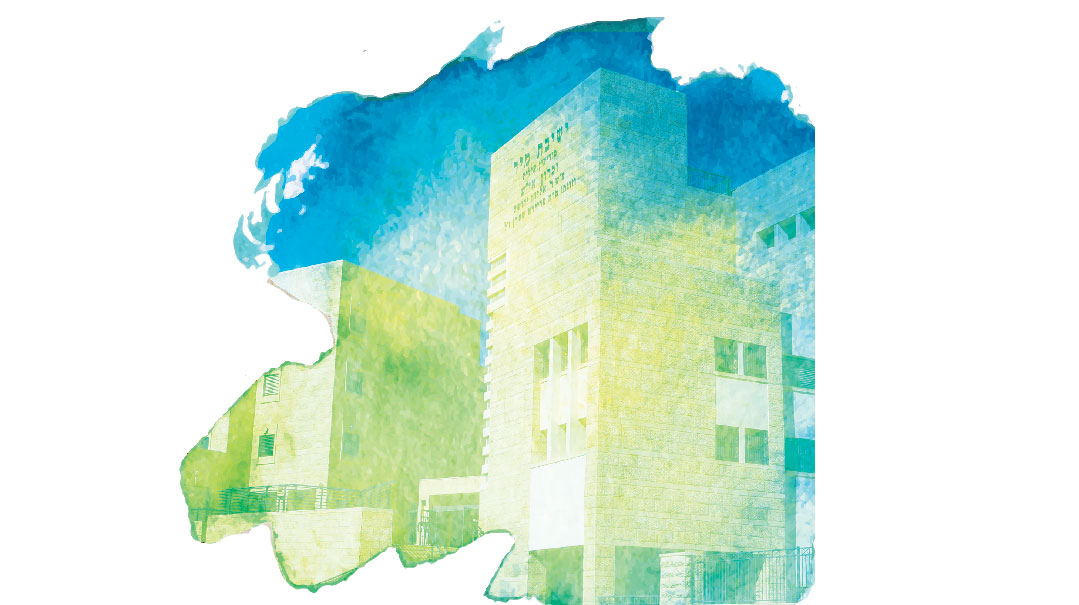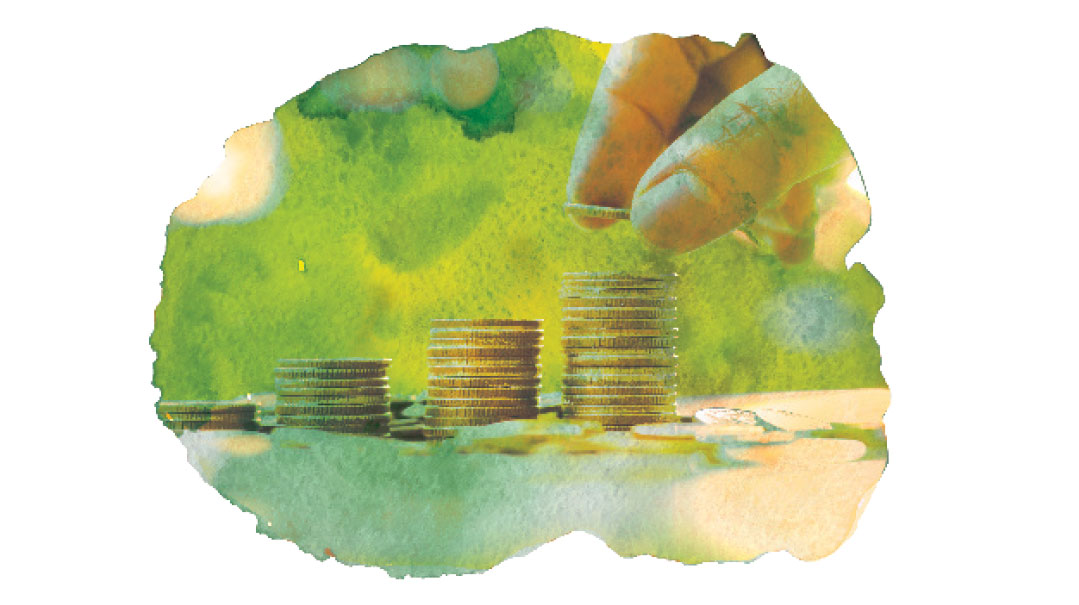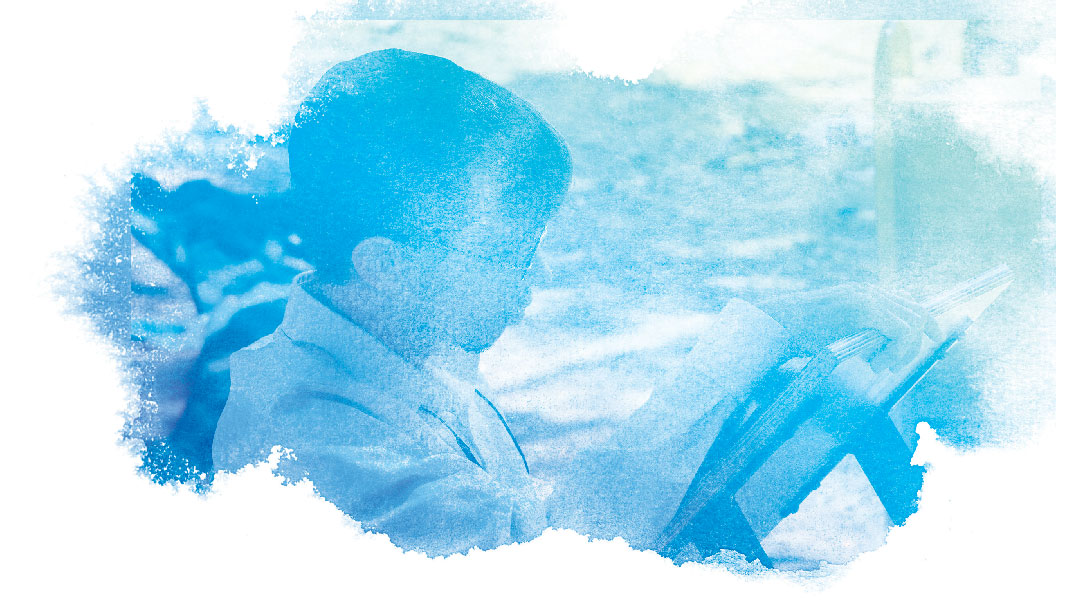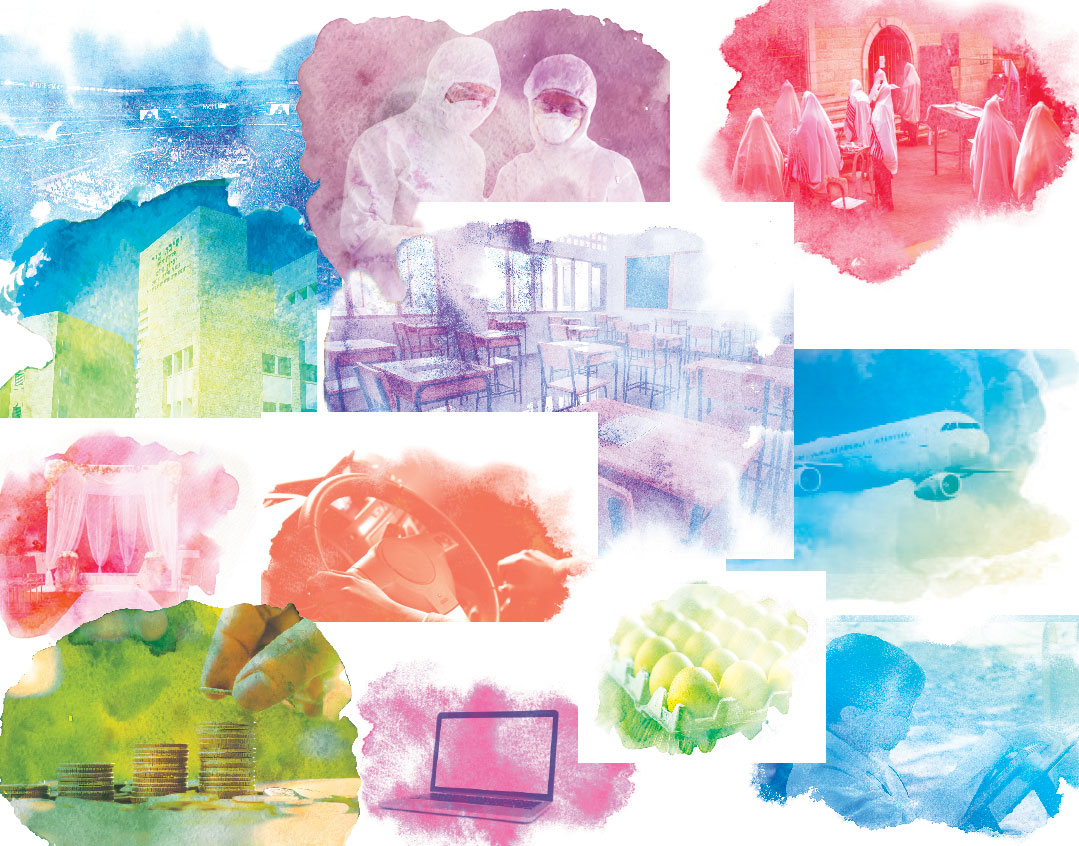Givers at the Core

As a new year dawns, what did we learn — and how have we changed?
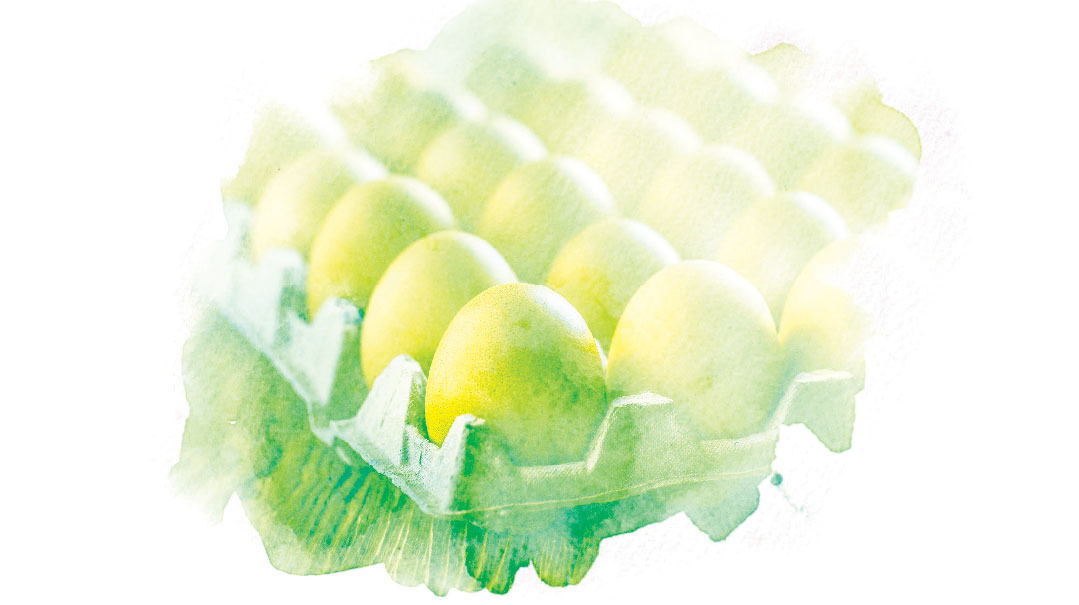
Last year
I thought that I could take basic groceries for granted.
This year I learned that even the simple things are gifts. When Erev Pesach arrived mid-coronavirus, there were no eggs to be found anywhere near our Beit Shemesh home. How can one make Pesach without eggs? And if you’re lucky enough to get one of those precious dozen-per-family war rations, do you eat hard boiled eggs for the Seder, or do you use them for cooking?
Any other year we would have managed eating just matzah and cream cheese, sans cakes. This year, we were hosting our new son-in-law who is chassidish. What would he eat for seven egg-less days?
Last year
I thought that Jews were basically giving people.
This year I learned
to what extent people are givers at their core. Faced with the Pesach egg shortage, an underground network sprang into action, and anyone who had eggs looked for those who didn’t. People were prepared to do with less, so long as others had at least some eggs to use for the chag.
On Erev Pesach, I got a call from a fellow teacher in Jerusalem, who wanted to give me a lead on how to procure eggs from a farm near Beit Shemesh. She told me that I had mentioned my “egg situation” during a Zoom class broadcast the US, and a woman from Brooklyn contacted her, to see if she could help me.
So we had our eggs, but we had something more than that too. The pandemic has moved people passed their preoccupation with self to see the plight of others. It has brought the best out of us.
Rebbetzin Shira Smiles is an international lecturer, mechaneches in Darchei Bina Seminary, and author of Torah Tapestries, a five-volume series on the weekly parshah.
(Originally featured in Mishpacha, Issue 828)
Oops! We could not locate your form.








